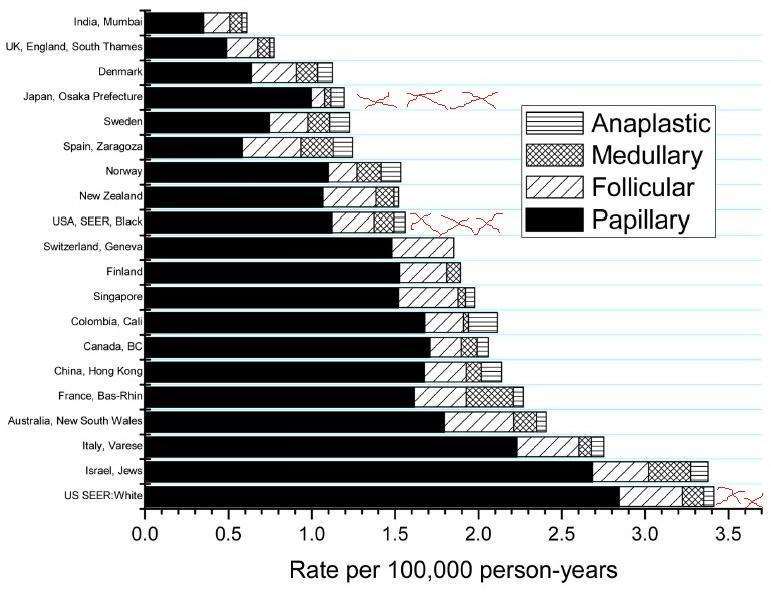ddjd
Member
- Joined
- Jul 13, 2014
- Messages
- 6,727
It's something where you measure in the urine, and if your body excretes over 90% then you have sufficient levels but if it's under 90% you're deficienct as indicated by your body retaining itDo you know how he tests for iodine deficiency?

